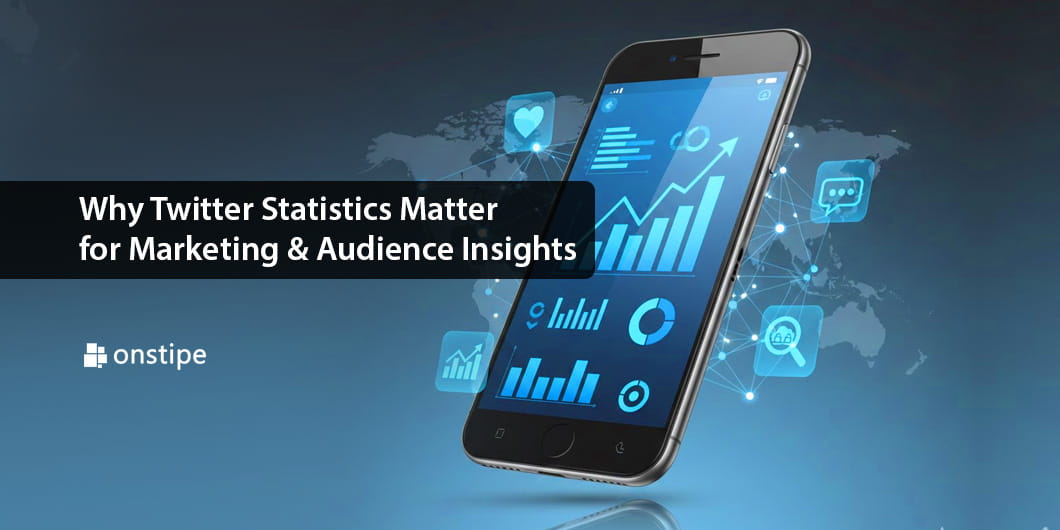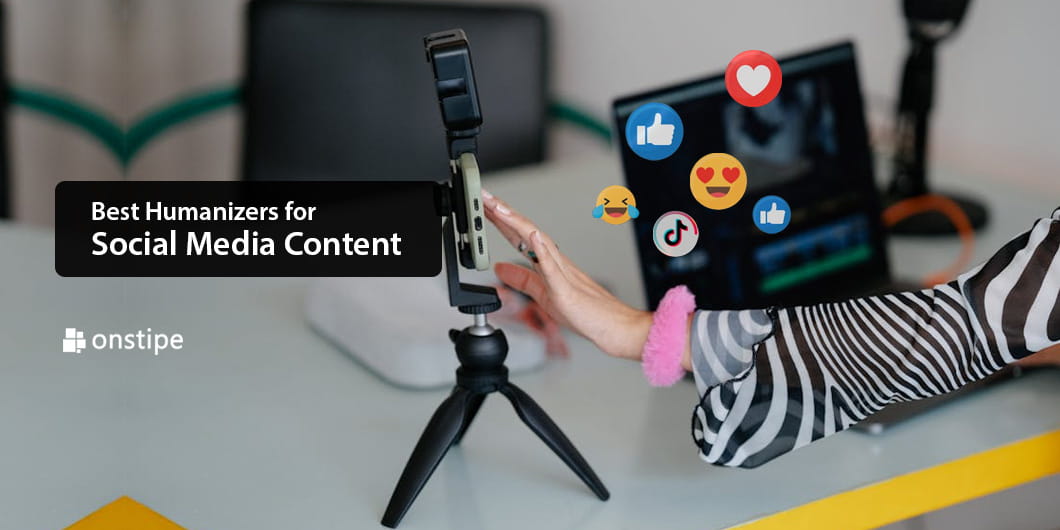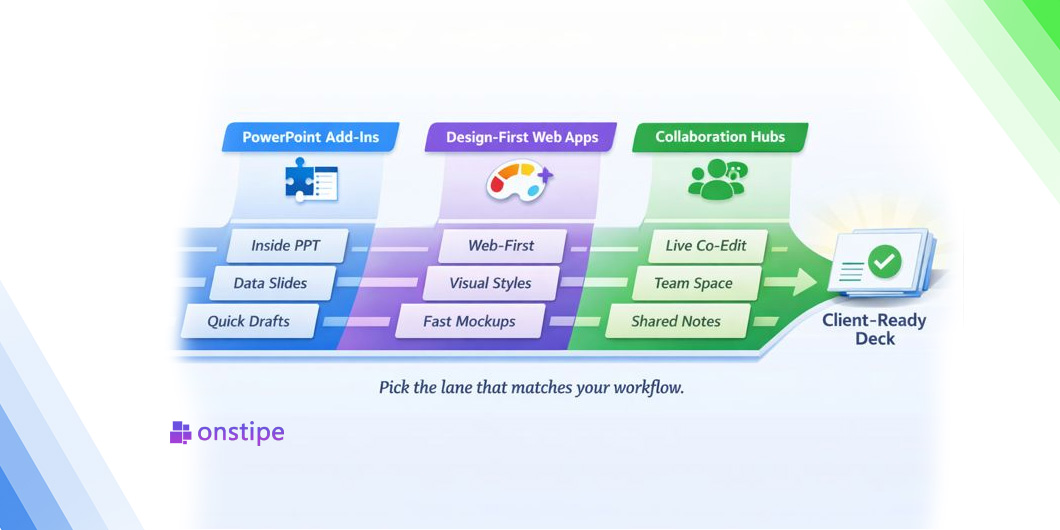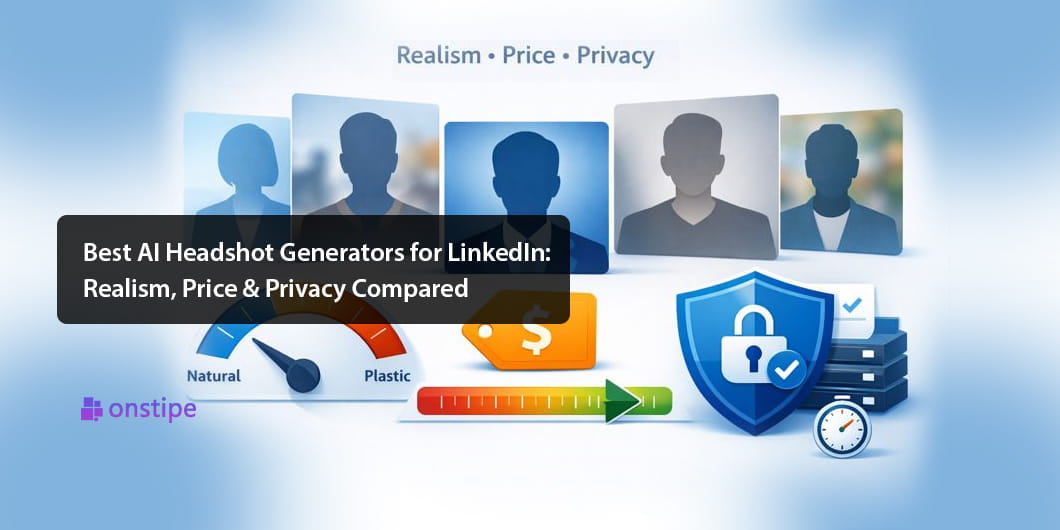Home healthcare demand is rapidly increasing, and with this, expectations have risen. Clients expect improved care, families expect openness, and providers must maintain everything afloat while remaining compliant. It is no simple task.
That’s why the right digital tools matter more than ever. From managing schedules to ensuring proper documentation, smart technology can ease daily operations and help your agency deliver quality care more consistently.
In this blog, we’ll explore the most essential digital tools every home healthcare provider should be using right now to stay efficient and responsive.
All-in-One Management Software
Juggling spreadsheets, manual schedules, paper records, and staff calls every day isn’t sustainable. Providers need a central place to manage all these moving parts. That’s where all-in-one management platforms come in.
Today, providers are turning to smart software home care systems to handle everything from shift planning to documentation, all from one dashboard. These platforms save time, reduce errors, and streamline everything from billing to caregiver coordination.
Here’s how tools like this can help agencies work more efficiently:
- Access operations from anywhere thanks to a cloud-based platform
- Go completely paperless with electronic documentation, including custom digital forms
- Process all types of payers – Medicaid, Medicare, private insurance, VA, and more
- Use the software on any device – smartphones, tablets, Windows, or Mac
- Monitor visits live – see which caregiver is on-site, running late, or needs support in real time
With everything digitized and connected, providers can focus more on delivering great care and less on managing the paperwork.
Mobile Apps for Caregivers
Caregivers are always on the move. Mobile apps designed specifically for home healthcare make their jobs much easier. These apps allow staff to check their schedules, access patient information, log visit notes, and even verify tasks completed right from their phones.
This not only improves real-time communication but also makes documentation easier and more accurate. Also, it keeps the entire team in sync without back-and-forth phone calls or delays.
Secure Communication Tools
In home-based care, clear and fast communication is critical. But using regular texts or emails for updates can lead to privacy risks and compliance issues.
HIPAA-compliant messaging tools solve this by keeping conversations secure and organized. Whether it’s a caregiver update or a quick note to the office, these tools keep everyone on the same page.
Key benefits include:
- Safe sharing of patient details with full data protection
- Faster coordination between staff and caregivers
- Quick updates for families without delays
- Fewer errors during shift changes or urgent cases
- No need for personal devices to stay connected
These tools not only improve care but also give your team peace of mind.
These secure communication tools are essential for reliable care—but for even more comprehensive operational support, many providers now rely on a healthcare virtual assistant, who can assist with patient scheduling, intake coordination, follow-up reminders, and HIPAA-compliant documentation management.
Digital Time Tracking & EVV Tools
More states now require Electronic Visit Verification (EVV) to confirm that home visits actually happened. EVV tools track arrival times, duration of visits, and even caregiver location, all digitally.
These tools help providers stay compliant with Medicaid and state guidelines. They also cut down on billing errors, prevent fraud, and simplify payroll processing.
Time-tracking apps are especially helpful when paired with scheduling tools, creating a seamless workflow from visit check-in to documentation.
Cloud-Based Document Storage & Compliance
Paper charts and printed documents are quickly becoming outdated. Home healthcare agencies manage a lot of documentation. These documents can include patient records, licensing, and compliance forms.
Cloud-based storage tools make this process faster and more reliable. Everything is secure, easy to access, and always up to date.
Here’s how they help:
- Store all files in one place for quick access
- Share documents instantly with staff or caregivers
- Update care plans without printing or scanning
- Keep records safe and backed up automatically
- Simplify audits by keeping everything organized and searchable
Going digital cuts down paperwork and gives your team more time to focus on care.
Route Optimization and Scheduling Tools
Time management is everything in home healthcare. Caregivers often visit multiple homes in a day, and poor planning can lead to delays, missed visits, or stressed staff.
That’s why route optimization tools are becoming essential. They automatically plan the most efficient paths for each caregiver based on visit locations, traffic, and appointment times.
When caregivers spend less time driving and more time caring, everyone wins.
Final Thoughts
The right tools can take a lot of pressure off your team and make daily operations smoother. From smarter scheduling to better document handling, each system plays a role in improving care and keeping things organized. As the industry grows more complex, having these tools isn’t just helpful; it’s necessary. If you’re looking to scale or simply work more efficiently, now is the time to invest in tech that supports your agency and strengthens the care you deliver.







